0 comments
A home is a sacred space where we feel most comfortable in. It’s our safe cocoon against the nasty drafts of the outside world such as air pollution.
A home is a sacred space where we feel most comfortable in. It’s our safe cocoon against the nasty drafts of the outside world such as air pollution.
However, did you know that air pollutants have much higher concentrations indoors because they are often enclosed and less ventilated? Homes that block out the outside world also nestles harmful substances – from the microscopic fragments released when cooking or lighting a candle to certain VOCs or volatile organic compounds from cleaning products and paints. When not treated properly, these could potentially harm your family’s well-being.
To ensure your family’s health is not at risk, it’s important to look after the quality of indoor air at your homes. Check out our 5 simple ways to have cleaner and healthier indoor air at your homes:
Let Your House Breathe.
Perhaps the most basic yet most effective way to improve the quality of your indoor air is to let your house breathe by opening your windows from time to time. This is especially applicable whenever you’re cooking, cleaning, or air-drying your laundry.
Keep a healthy level of humidity.
Dust mites and mould love moisture. Keeping humidity around 30%-50% helps keep them and other allergens under control. A dehumidifier (and air conditioner during summer months) helps reduce moisture in indoor air and effectively controls allergens. An air conditioner also reduces indoor pollen count - another plus for allergy-sufferers.
More tips for dehumidifying your home:
- Use an exhaust fan or crack open a window when cooking, running the dishwasher, or bathing.
- Don't overwater houseplants.
- Vent the clothes dryer to the outside.
- Fix leaky plumbing to prevent moisture-loving mould.
- Empty drip pans in your window air conditioner and dehumidifier.
Clean Your Homes Regularly.
Regular cleaning prevents dirt, mould and nasties from spreading around the house.
Using a vacuum cleaner that has strong suction, rotating brushes, and a HEPA filter ensures that dust and dirt won’t get blown back out in the exhaust. Vacuum all the surfaces and corners of your house including the floor, walls, carpet edges, sofa, and furniture. In high traffic areas, vacuum the same spot several times. Don't forget walls, carpet edges, and upholstered furniture, where dust accumulates. For best results, vacuum two or more times each week and wash out your filter regularly.
Mop it up. Mopping picks up the dust that vacuuming leaves behind. You can skip the soaps and cleaners and just use plain water to capture any lingering dust or allergens. New microfiber mops (and dust cloths) reportedly capture more dust and dirt than traditional fibres and don’t require any cleaning solutions whatsoever.
Change and wash your sheets and pillows regularly to keep dust mites and allergens at bay. Strip down your window curtains and drapes and clean them on a regular basis to avoid dust and dirt accumulating. For an easier clean-up option, you can opt for smooth-textured blinds that trap less dust.
Keep it out. Put a large floor mat at every door. People track in all sorts of chemicals via the dirt on their shoes. A door mat reduces the amount of dirt, pesticides, and other pollutants from getting into your home. If the mat is big enough, even those who don't wipe their shoes will leave most pollutants on the mat -- not the floors in your home.
To best protect your family, ask people to remove their shoes when entering your home. Keep house shoes, slippers, and socks near the door.
Grow Some Houseplants.
Plants are natural air purifiers. According to a study from NASA, houseplants have a natural ability to rejuvenate indoor air. Moreover, houseplants can safeguard us from any dangerous effects associated with prevalent toxins such as ammonia, benzene, and formaldehyde. Some of the houseplants you can grow indoors are spider plant, snake plant, bamboo palm, peace lily, and Boston fern.
Natural Fragrances
Lemon or pine scents are frequently associated with a clean house often used for scents in the kitchen, bathroom and clothing. But these synthetic fragrances in cleaning products, laundry detergents and air fresheners emit dozens of unknown chemicals into the air we breathe. The chemicals that the products are made of are sometimes not written on the product labels. These products are ones that we often go to when we need some quick cleaning like kitchen sprays and for washing clothes: laundry detergents, fabric conditioners and dryer sheets. Sure, they smell good but it won’t be good for our health in the long run because of the gasses that these products emits.
The fragrance that we smell from the products are made up many dangerous chemicals that we are not aware of. The label at the back of the product doesn’t specify the ingredients used instead the manufacturers label the fragrance as a trade secret we cannot look onto that. Most fragrances are derived from petroleum products, and generally haven’t been tested to see if they have any significant adverse health effects in humans when they are inhaled.
So instead of using chemical based fragrances, you can use the following:
- Look for fragrance-free or naturally-scented laundry products.
- Switch to mild cleaners that don't include artificial fragrances.
- Stop using aerosol sprays -- deodorants, hair sprays, carpet cleaners, furniture polish, and air fresheners.
- Use sliced lemons and baking soda to get a clean scent in the kitchen.
- Bring nature indoors. Any room is prettier with a fern, spider plant, or aloe vera. It’s also healthier. Some plants produce natural fragrances that you’ll love.
Make your home a no-smoking zone.
Second-hand smoking is the single most important aspect of indoor air pollution. The smoke contains more than 4,000 chemicals and research shows that second-hand cigarette smoke increases a child’s risk of developing asthma, respiratory infections, cancer and sudden death in infants (Sudden Infant Death Syndrome or SIDS).
For the smoker, however, the addiction to smoking causes lung cancer, breathing problems, sudden heart attacks and strokes. There are support groups dedicated to helping stop smoking of an individual. There is also nicotine-replacement therapy and other medications that can help. Family, friends, counselling and fellow quitters can help support. Positive thinking and focusing on the reasons for quitting can help too. But if a smoker finds it hard to completely stop smoking, they can just stop smoking inside the house and take it outside, but this is not recommended.
Invest in Air Purifier.
Air purifiers can be worth an investment for family members with seasonal allergies. This modern device is designed to fit into a central-air system and can trap almost 99 percent of large particulates like pollen and dander. There are also portable air purifiers to choose from and no matter which option you invest in, make sure to clean it as well and change the filters regularly.
Choose Natural Cleaning Products.
Many store-bought cleaning products are known to give off harmful fumes because they contain toxic chemicals and synthetic fragrances. To ensure your indoor air is always healthy, choose cleaning products with natural scents and ingredients.
Euca Eco-Friendly Cleaning Products are designed to excel in performance and value while looking after your family and the environment.
Conclusion:
Home is where the heart is, so make it the cleanest and healthiest space possible for your family. Make cleaning a habit to get rid of unwanted pollutants and improve the overall quality of your indoor air.
At EUCA, we specialise in environment-friendly cleaning products sourced from Eucalyptus and Citrus guaranteed to give your home a better and healthier clean including the air you breathe. We have a complete range of cleaning products including laundry detergents, dishwashing liquid, disinfectants, glass cleaners and a whole lot more.
Click to shop or contact our team directly at 0452 124 537.[/vc_column_text][/vc_column][/vc_row]



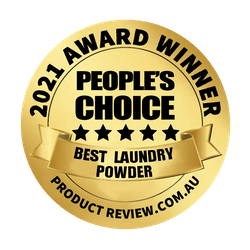







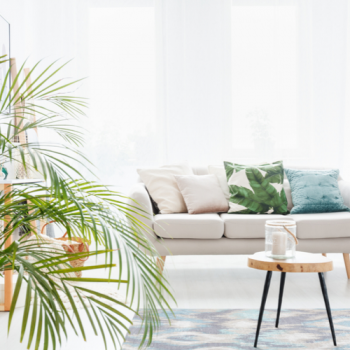

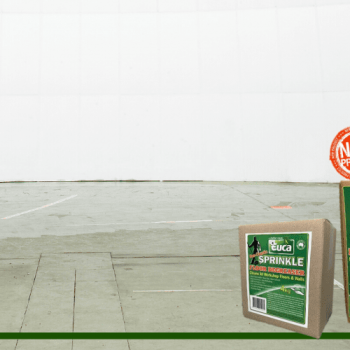


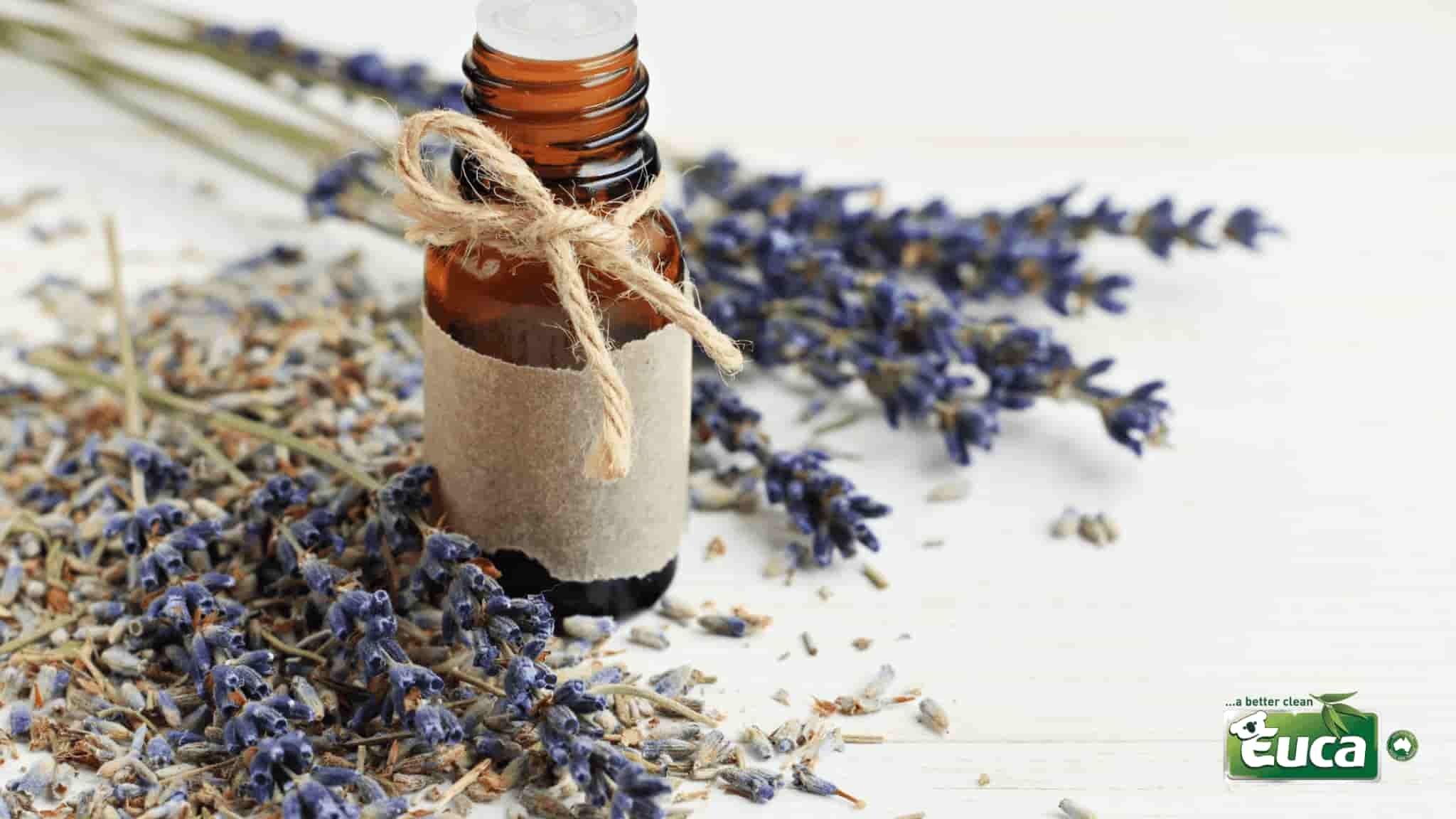
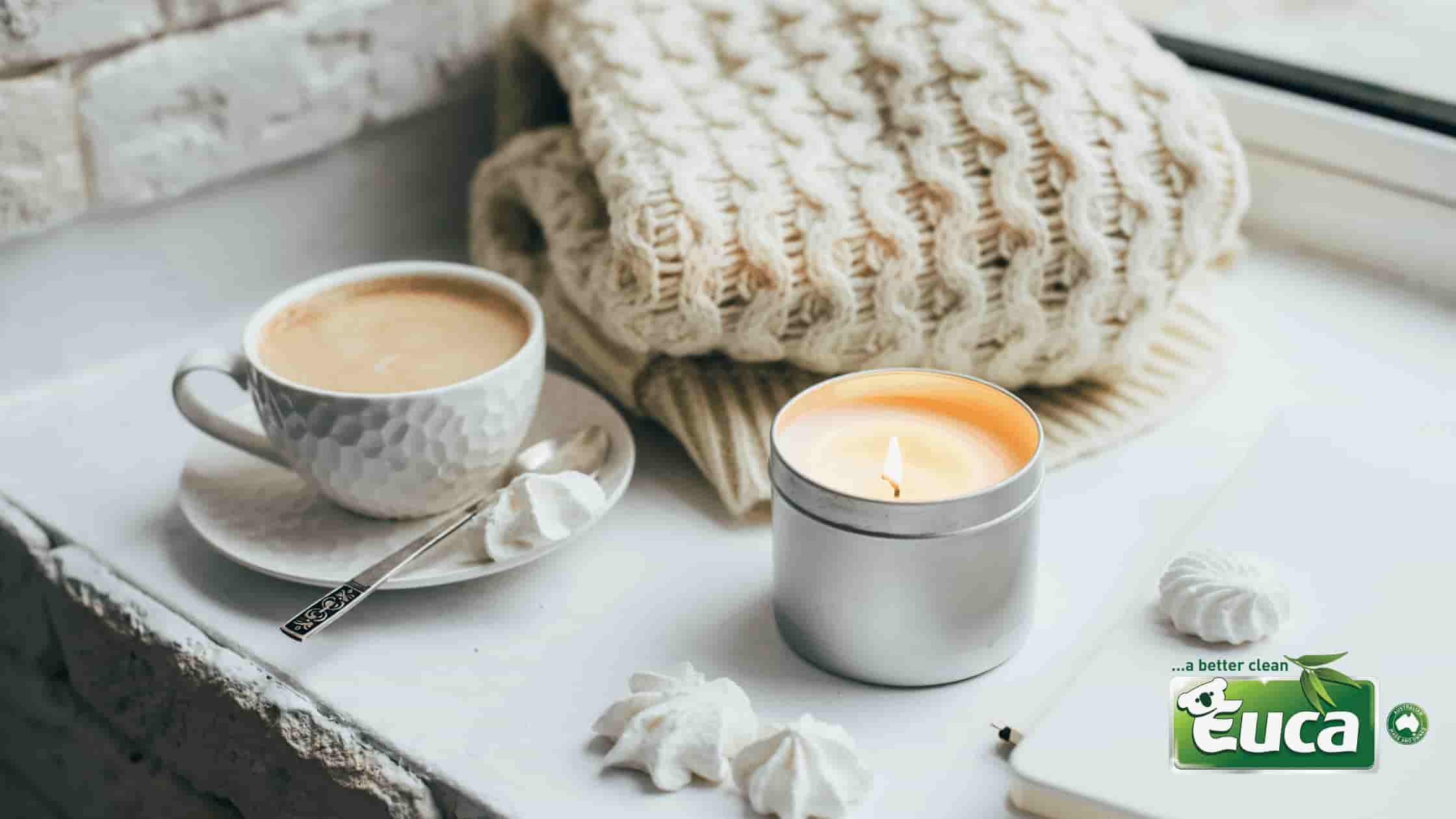

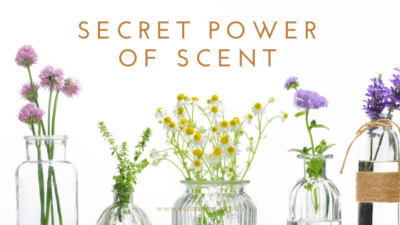














Write a comment